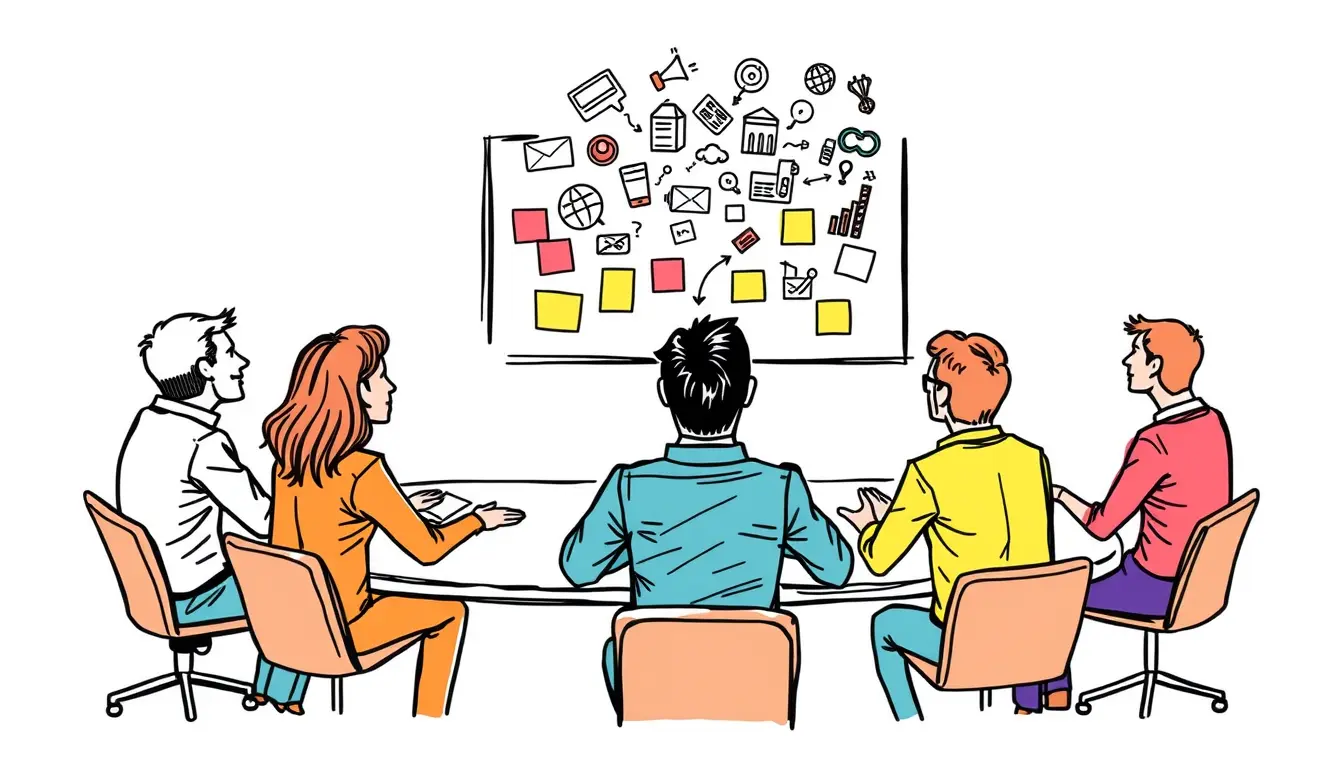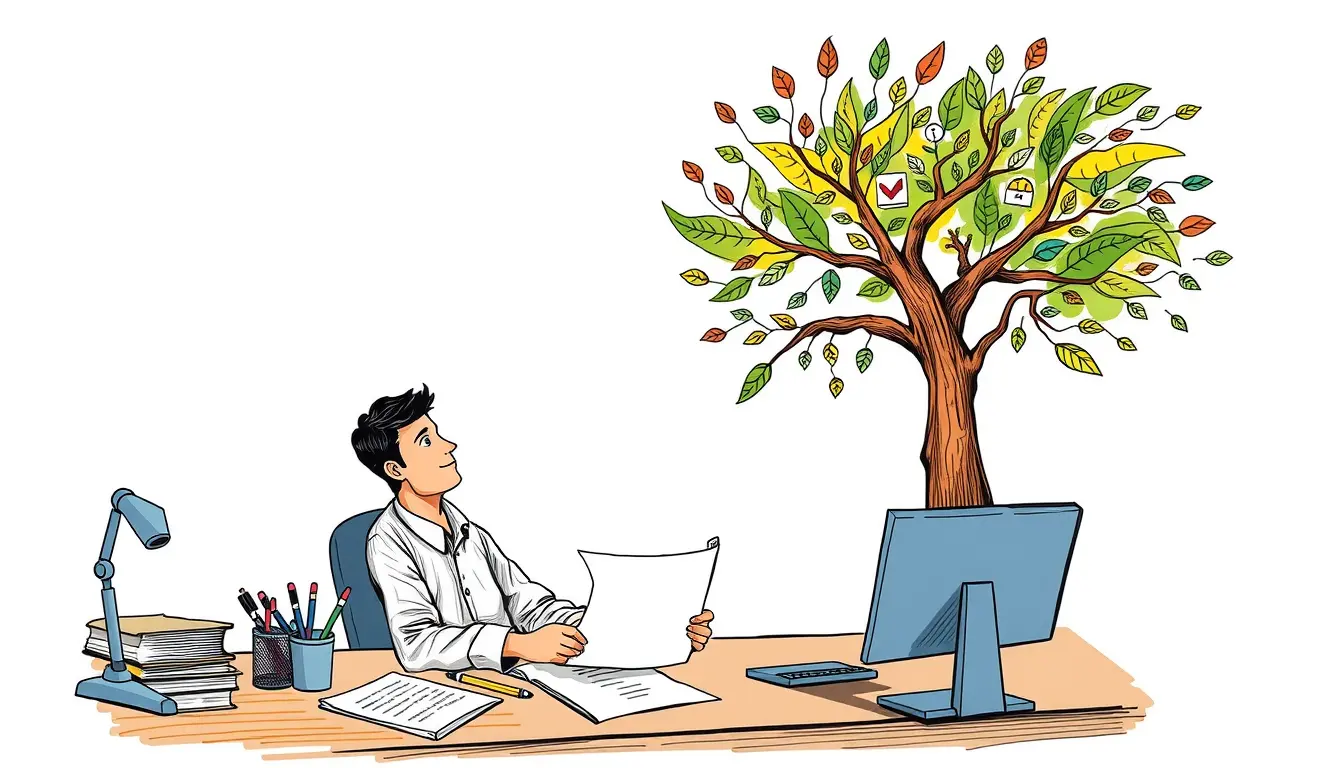The Importance of Critical Thinking in Analysis
In the world of analysis, critical thinking plays a pivotal role. It serves as the backbone of sound decision-making and problem-solving processes. Through critical thinking, analysts are able to examine information, evaluate its credibility, and make informed judgments. This skill enables them to identify patterns, uncover hidden insights, and develop well-rounded perspectives. Without critical thinking, analysis becomes shallow and prone to errors, leading to ineffective solutions.
Critical thinking in analysis involves the ability to question assumptions, challenge conventional wisdom, and apply logical reasoning. It requires individuals to think independently, objectively, and with an open mind. By employing critical thinking, analysts can avoid biases and cognitive shortcuts that may hinder their ability to thoroughly evaluate information. They become adept at examining evidence, considering multiple perspectives, and recognizing the limitations of their own knowledge. Ultimately, critical thinking empowers analysts to make more accurate and insightful assessments, driving better decision-making and problem-solving outcomes.
Developing a Strong Analytical Mindset
Developing a strong analytical mindset is crucial for individuals in various fields, as it equips them with the ability to think critically and make informed decisions. An analytical mindset involves the skill of gathering relevant information and systematically evaluating it to draw logical conclusions. This mindset encourages individuals to approach problems and challenges with an open and curious mind, questioning assumptions and seeking deeper insights.
To cultivate a strong analytical mindset, one must be willing to constantly seek out new knowledge and engage in continuous learning. This involves actively reading, researching, and staying updated with the latest developments in their respective fields. Regularly challenging one’s own beliefs and engaging in thought-provoking discussions can also contribute to the development of a robust analytical mindset. Additionally, practicing problem-solving exercises and puzzles can sharpen analytical thinking skills and enhance cognitive abilities. Ultimately, individuals with a strong analytical mindset are better equipped to navigate complex issues and contribute effectively to their respective domains.
Enhancing Problem-solving Skills through Critical Thinking
Enhancing problem-solving skills through critical thinking is a vital aspect of personal and professional development. When faced with challenges or complex situations, individuals with strong critical thinking abilities are better equipped to analyze the problem, identify potential solutions, and determine the most effective course of action.
A key element of enhancing problem-solving skills is the ability to gather and evaluate information objectively. This involves asking relevant questions, seeking out different perspectives, and critically examining the available facts and evidence. By approaching problems with curiosity and an open mind, individuals can avoid biases and preconceived notions that may hinder the problem-solving process. Additionally, critical thinkers are adept at identifying underlying assumptions and recognizing the potential implications of different solutions, enabling them to make informed and reasoned decisions.
Strategies for Effective Data Analysis
Data analysis is a critical component of any decision-making process. To ensure effective data analysis, it is essential to follow certain strategies. Firstly, a clear understanding of the objectives is necessary. It is important to define the goals and outcomes expected from analyzing the data. This will guide the analysis process and help in focusing on relevant insights. Additionally, selecting the appropriate analytical tools and techniques plays a key role. The choice of tools should align with the type of data and the specific questions being explored. Taking into consideration factors like data size, complexity, and available resources will assist in selecting the most suitable tools and techniques. Moreover, conducting a thorough data exploration is crucial. This involves examining the data for any patterns, trends, or anomalies that could be significant. By exploring the data thoroughly, analysts can identify potential relationships and uncover valuable insights that may not be apparent at first glance. By following these strategies, individuals can enhance the effectiveness of their data analysis and make well-informed decisions.
Furthermore, data integrity is of utmost importance in data analysis. It is essential to ensure the accuracy and reliability of the data being analyzed. This can be achieved by implementing data quality checks and validating the data against known sources. By ensuring data integrity, analysts can have confidence in their analysis results and avoid potential biases or inaccuracies in their findings. Additionally, clear documentation of the data analysis process is crucial. This includes detailing the steps taken, the methodologies used, and the rationale behind the decisions made during the analysis. Documentation not only helps in reproducing the analysis but also provides transparency and credibility to the findings. Lastly, regular reassessment and refinement of the analysis approach is recommended. As new data becomes available or the objectives change, it is important to continually review and improve the analysis methods to ensure their effectiveness and relevance. By following these strategies, individuals can strengthen their data analysis capabilities and extract valuable insights from the available data.
Recognizing and Overcoming Biases in Analysis
Recognizing and overcoming biases is an essential aspect of effective analysis. Bias refers to the tendency to favor or reject certain information based on personal beliefs, prejudices, or preferences. These biases can significantly impact the accuracy and validity of our analysis, leading to flawed conclusions and recommendations.
One common bias is confirmation bias, where individuals tend to seek and interpret information that confirms their existing beliefs. This can lead to a narrow and one-sided analysis, overlooking crucial evidence that may challenge the initial assumptions. Another bias is the halo effect, where individuals form an overall positive or negative impression of a person, organization, or idea based on a single characteristic or initial impression. Recognizing these biases is the first step in overcoming them and conducting a more objective and unbiased analysis. By actively seeking diverse perspectives, challenging our assumptions, and questioning our own biases, we can minimize the influence of bias and enhance the quality of our analysis.
Utilizing Logic and Reasoning for Better Decision-making
Logic and reasoning are essential tools when it comes to making better decisions. By analyzing the available information objectively and evaluating it logically, individuals can avoid making impulsive or irrational choices. Utilizing logic and reasoning helps in critically assessing the pros and cons of a situation, gathering relevant evidence, and considering multiple perspectives before arriving at a well-thought-out decision.
One way to utilize logic and reasoning in decision-making is by focusing on facts and evidence. Emotions and personal biases can cloud judgment and lead to irrational decisions. By relying on factual information and applying logical thinking, individuals can ensure that their decisions are based on sound reasoning rather than subjective feelings. This approach allows for a more objective evaluation of the situation at hand, leading to more informed and rational decisions.
The Role of Curiosity and Inquiry in Critical Thinking
Curiosity and inquiry play a pivotal role in fostering critical thinking skills. When individuals are naturally curious, they possess a deep desire to explore and understand the world around them. This drives them to question assumptions, challenge conventional wisdom, and seek alternative perspectives. By approaching situations with an inquisitive mindset, they are more likely to examine complex problems from multiple angles and generate comprehensive solutions. Curiosity fuels a constant thirst for knowledge, propelling individuals to gather information, delve into research, and engage in thoughtful discussions. It encourages them to probe beyond the surface, uncovering hidden connections and gaining new insights. Without curiosity, critical thinking becomes stagnant, limiting our ability to critically analyze and evaluate information effectively.
In addition to curiosity, inquiry acts as a catalyst for critical thinking. The act of asking probing questions encourages individuals to actively seek answers and make sense of the information presented before them. It creates a sense of intellectual curiosity that drives individuals to explore beyond the surface-level understanding. By constantly questioning, they develop a habit of seeking evidence, verifying sources, and analyzing data. This analytical approach helps in examining information objectively, separating fact from opinion, and making informed judgments. Inquiry enables individuals to dig deeper, gain a better understanding of complex issues, and arrive at well-reasoned conclusions.
Improving Communication Skills for Analytical Excellence
Effective communication is an essential skill for professionals in any field, and it holds particular importance for those with analytical minds. The ability to clearly articulate thoughts, ideas, and findings is crucial for ensuring that the insights gained through analysis can be effectively conveyed and understood by others. Strong communication skills enable analysts to present their findings in a concise and compelling manner, helping to convey complex information in a way that is accessible to a wide range of audiences.
Furthermore, good communication skills facilitate collaboration and teamwork among analysts, leading to a more effective and efficient analysis process. Through clear and open communication, analysts can share their thoughts, receive feedback, and collaborate with others to refine their ideas. This allows for a more comprehensive analysis and helps to prevent any potential oversights or biases that may arise from working in isolation. Ultimately, by prioritizing the development of communication skills, analysts can enhance their ability to convey their insights accurately and succinctly, leading to greater analytical excellence.
• Clear and concise communication is crucial for professionals with analytical minds
• Effective communication ensures that insights gained through analysis can be understood by others
• Strong communication skills help analysts present their findings in a compelling manner
• Good communication facilitates collaboration and teamwork among analysts
• Open communication allows for sharing of thoughts, feedback, and idea refinement
• Collaboration leads to more comprehensive analysis and prevents potential oversights or biases
• Prioritizing the development of communication skills enhances analytical excellence.
Cultivating Creativity and Innovation in Analysis
Creativity and innovation play a vital role in the process of analysis. By cultivating these skills, analysts can uncover unique insights and discover new approaches to problem-solving. Creativity allows for out-of-the-box thinking, enabling analysts to view data from different perspectives and uncover hidden patterns or connections that may have been overlooked. This ability to think creatively helps in generating fresh ideas and breakthroughs that can lead to innovative solutions and improvements.
In order to cultivate creativity and innovation in analysis, it is essential to foster an environment that encourages divergent thinking and exploration. This can be done by promoting a culture of open-mindedness and providing opportunities for brainstorming sessions and collaborative discussions. Creating a safe space for sharing ideas without the fear of judgment or criticism can also be instrumental in nurturing creativity. Additionally, providing access to a variety of resources and fostering a culture of continuous learning can stimulate creative thinking and spark innovative approaches in the analysis process.
Continuous Learning and Growth for Superior Critical Thinking Skills
Continuous learning and growth are essential for developing superior critical thinking skills. In order to enhance our analytical abilities, it is important to constantly seek new knowledge and expand our understanding of various subjects. By actively engaging in continuous learning, we are able to broaden our perspectives and challenge our existing beliefs and assumptions.
Moreover, continuous learning enables us to stay updated with the latest trends and developments in our fields of interest. This helps us refine our critical thinking skills by allowing us to analyze and evaluate new information in a systematic and unbiased manner. By regularly seeking out opportunities for learning and growth, we can continue to improve our critical thinking abilities and become more effective in problem-solving, decision-making, and data analysis.
Why is critical thinking important in analysis?
Critical thinking is important in analysis because it allows us to objectively evaluate information, identify patterns and relationships, and make informed decisions based on evidence and logical reasoning.
How can I develop a strong analytical mindset?
Developing a strong analytical mindset involves actively seeking out opportunities to analyze and evaluate information, practicing logical reasoning, and continuously challenging your own assumptions and biases.
How can critical thinking enhance problem-solving skills?
Critical thinking enhances problem-solving skills by enabling a systematic and logical approach to identifying and evaluating potential solutions, considering different perspectives, and making informed decisions based on evidence and reasoning.
What are some strategies for effective data analysis?
Some strategies for effective data analysis include defining clear goals and objectives, organizing and structuring data, using appropriate analytical tools and techniques, and interpreting and communicating the results accurately.
How can I recognize and overcome biases in analysis?
Recognizing and overcoming biases in analysis involves being aware of your own biases, actively seeking alternative perspectives, questioning assumptions, and using evidence-based reasoning to evaluate information objectively.
How can I utilize logic and reasoning for better decision-making?
Utilizing logic and reasoning for better decision-making involves critically evaluating information, identifying logical inconsistencies, considering cause-and-effect relationships, and making decisions based on sound reasoning and evidence.
What role does curiosity and inquiry play in critical thinking?
Curiosity and inquiry play a crucial role in critical thinking as they drive the desire to seek out new information, ask probing questions, explore different perspectives, and challenge existing knowledge and assumptions.
How can I improve my communication skills for analytical excellence?
To improve communication skills for analytical excellence, it is important to practice clear and concise expression of ideas, actively listen to others, ask clarifying questions, and effectively communicate complex ideas in a way that is easily understood by others.
How can I cultivate creativity and innovation in analysis?
Cultivating creativity and innovation in analysis involves challenging traditional ways of thinking, encouraging alternative perspectives, brainstorming ideas, and being open to new approaches and solutions.
How can continuous learning and growth contribute to superior critical thinking skills?
Continuous learning and growth contribute to superior critical thinking skills by expanding knowledge, exposing oneself to diverse perspectives and experiences, developing new analytical tools and techniques, and adapting to changing circumstances and information.














Leave a Reply